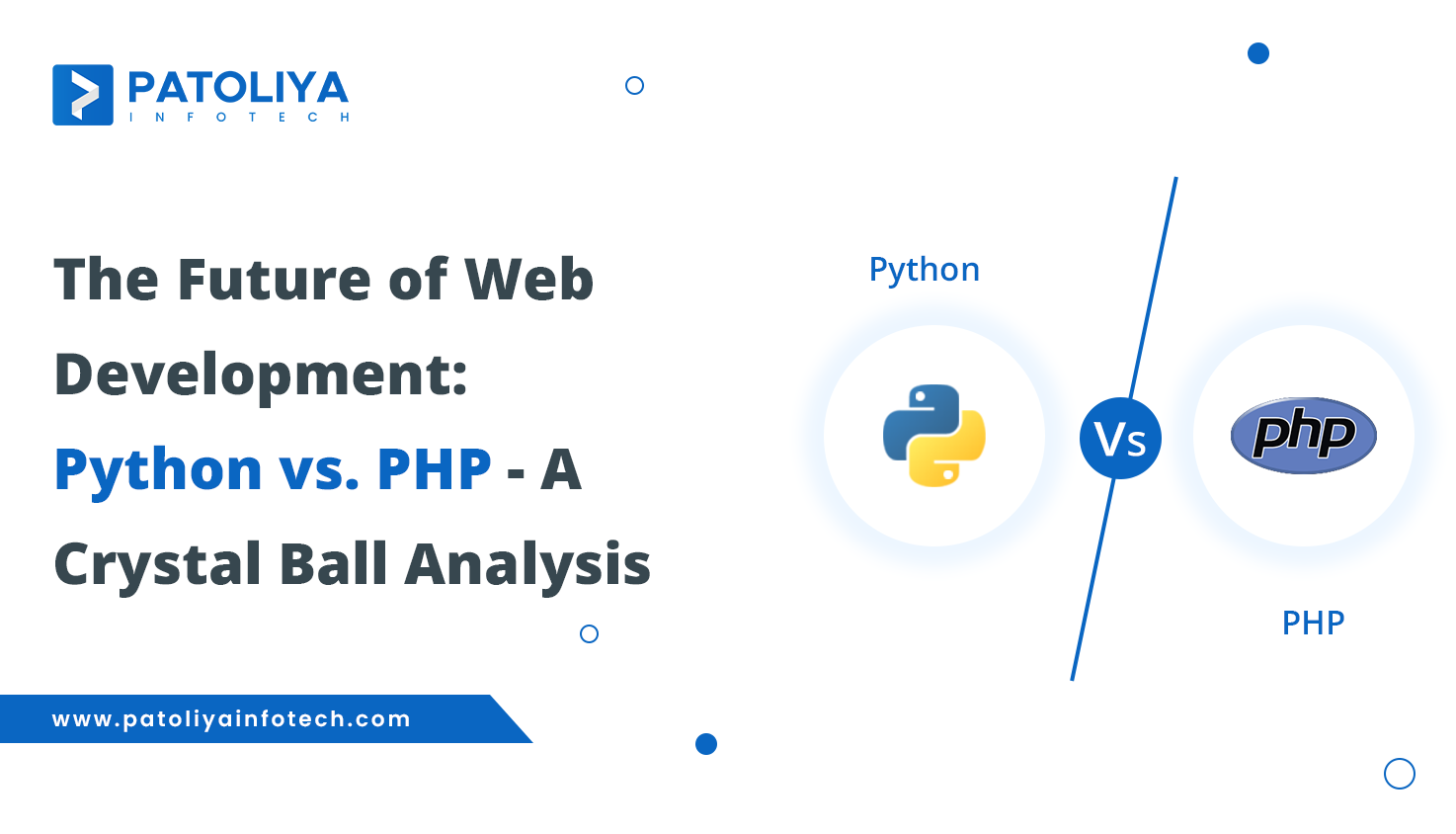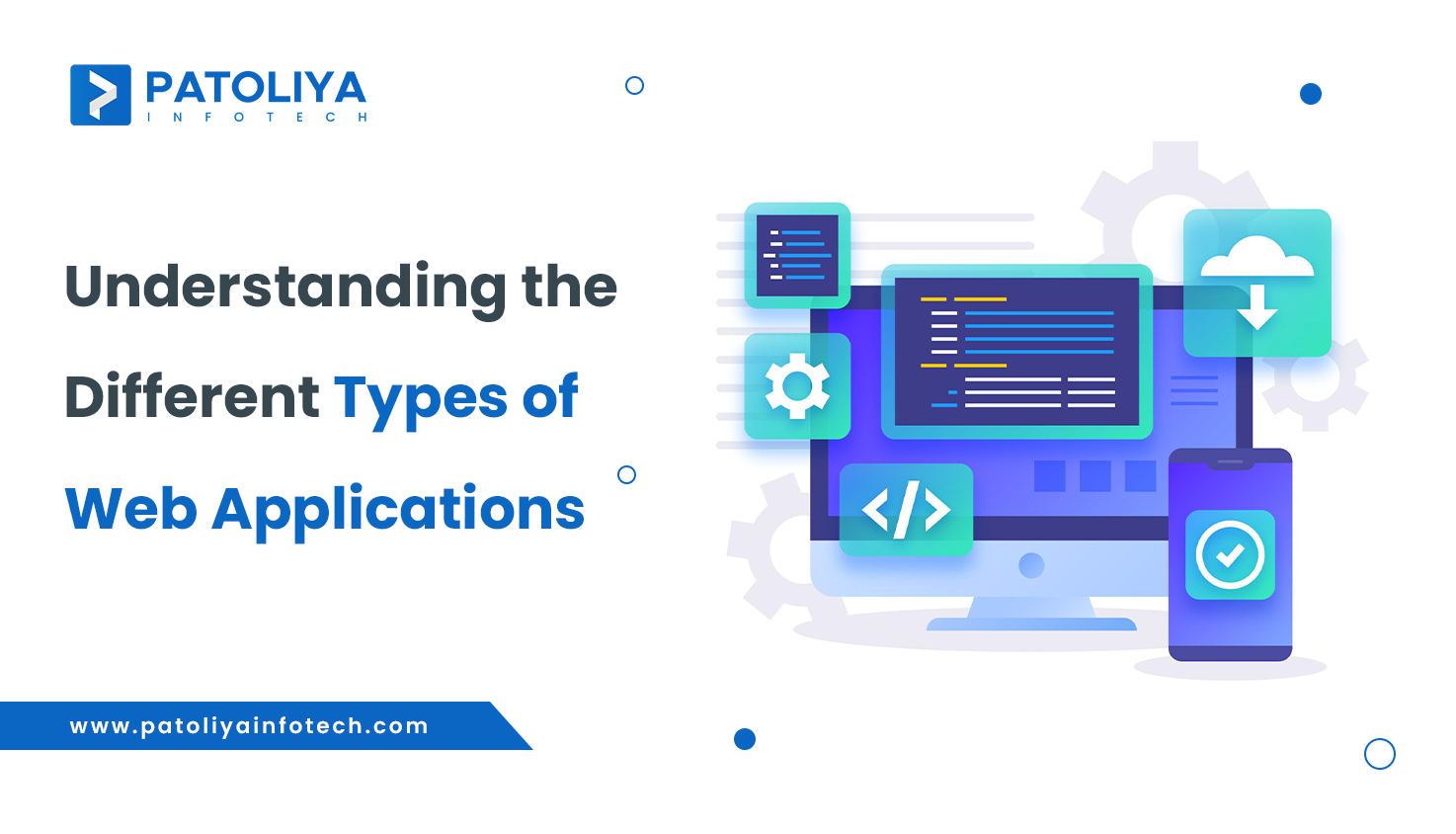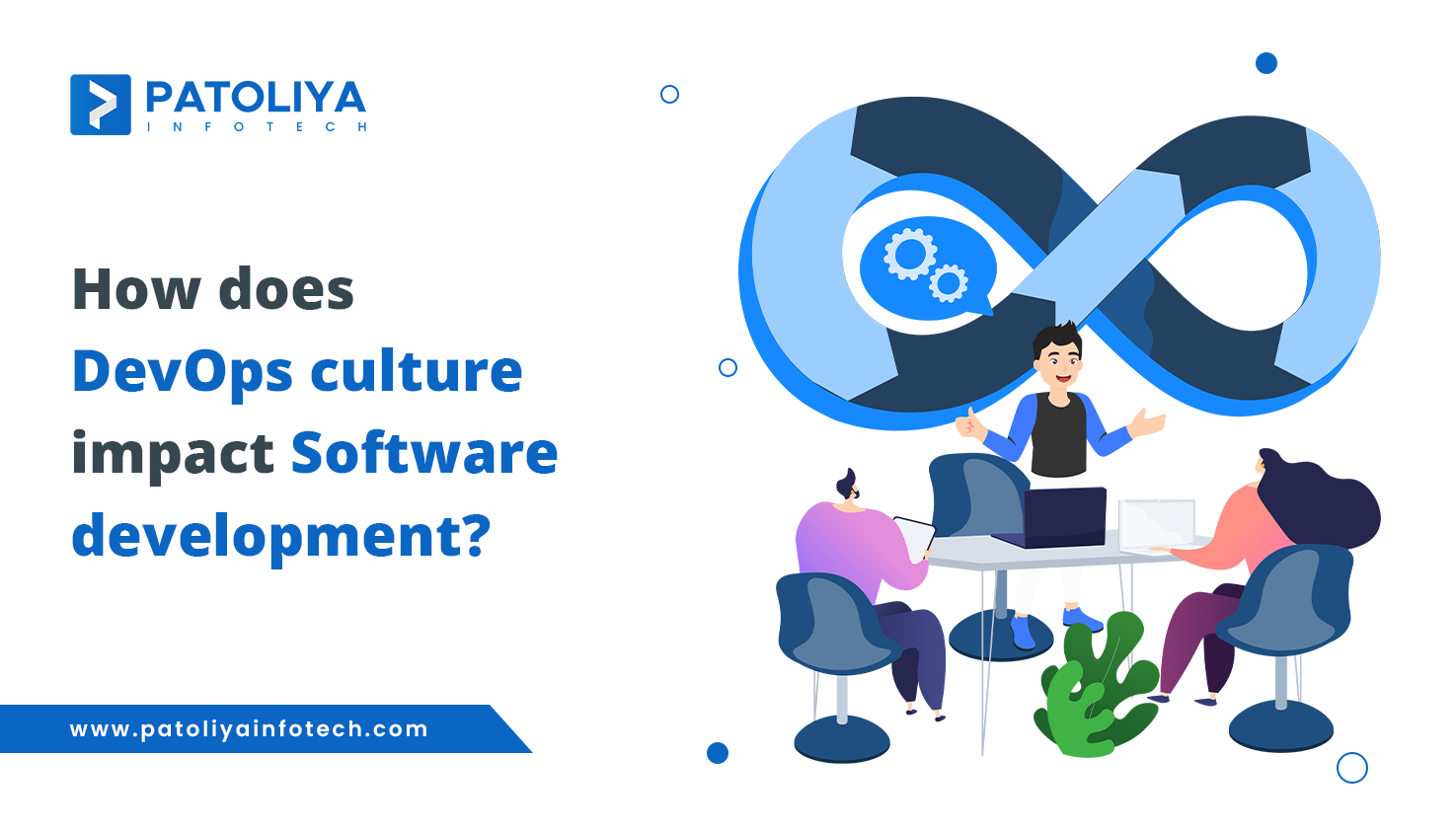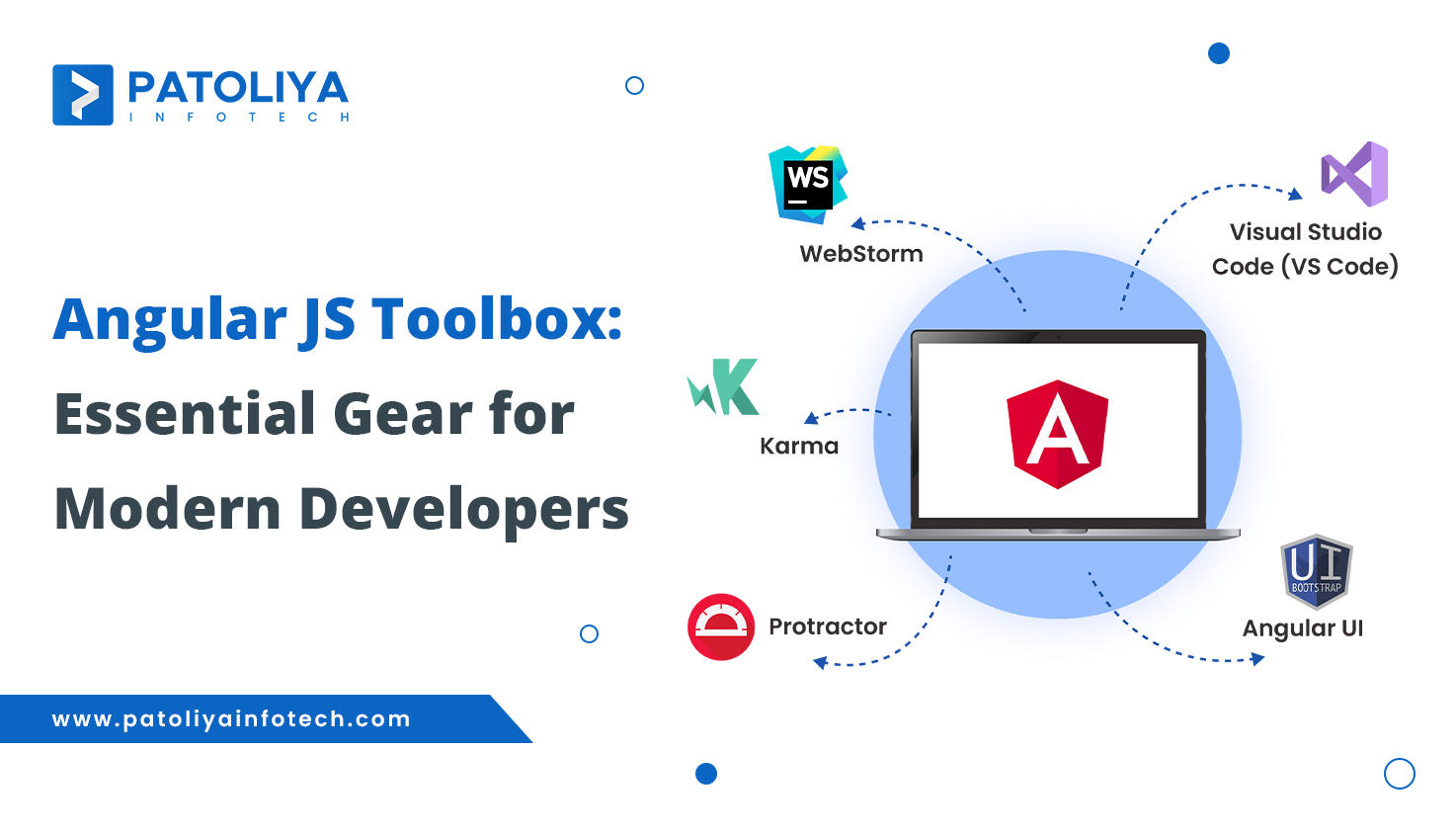Python vs PHP: Choosing the Right Language for Your Project

Python vs PHP : A Developer's Guide
Choosing the most appropriate language for your project is an important decision. The strongest contenders, Python vs PHP, offer a lot of potential, but their strengths are in very specific areas.
Whether you’re building dynamic web applications, leveraging the power of data analytics, or automating tasks, understanding the nuances of Python or PHP easier to learn empowers you to make choices if you have the knowledge.
This comprehensive guide to both language history, syntax, management, web development, community support, use cases , and dives deep into future trajectories, has prepared you to walk the path to project success on
History and Background
Python, the brainchild of Guido van Rossum, emerged in 1991. From the beginning, readability was the clearest and most important part of its design.
This philosophy manifests itself in Python's concise and simple syntax, making it an excellent choice for beginners and advanced users alike.
Over time, Python's versatility has made it a leader in fields as diverse as web development, scientific computing, artificial intelligence and machine learning
On the other hand, PHP traces its roots back to 1994, courtesy of Rasmus Lerdorf. Originally named "Personal Home Page", the name eventually evolved into the acronym "PHP: Hypertext Preprocessor" that we recognize today.
PHP's core capabilities are based on server-side scripting, making it a web development staple. It excels at building dynamic web pages and interacting with databases, and is the basis for countless websites and web applications.

Syntax and Readability
The realm of syntax and readability is Where Python sincerely shines. Its code resembles plain English, utilizing indentation to delineate code blocks. This approach fosters a readability that makes Python a pleasure to paint with, in particular for beginners.
Keywords like "if," "for," and "whilst" replicate their natural language counterparts, in addition enhancing the language's intuitiveness. As a result, Python code is regularly self-documenting, that means its shape and common sense are simply apparent without excessive commenting.
PHP's syntax draws inspiration from languages like C and Perl. It leverages curly braces to define code blocks, a way that may once in a while lead to much less readable code compared to Python's indentation-based approach.
While PHP offers a robust feature set, interpreting its code can now and again necessitate extra effort, specifically for those strange with its syntax conventions.
Navigating the Path to Software Success: MERN vs. DevOps - Ever feel lost in the sea of software options? You're not alone. Deciding between the robust MERN stack and the versatile DevOps approach can be a daunting task.
Performance and Speed
When it comes to raw speed, Python lags behind low-level languages like C and C++. This is due to its nature of definition, where rules are defined line by line of machine code as they are executed.
Python performance is not a luxury for most applications. In addition, NumPy, which is optimized for numerical computation, and libraries such as Cython that compile Python code in C can greatly increase its functionality for specific tasks

Why PHP is better than python, PHP boasts a reputation for exceptional implementation speed, especially in the field of web development. This advantage comes from the fact that it is a scripting language that first compiles code into an interface before execution.
This pre-compiled format allows the server to process PHP code faster, making it more adept at handling complex web requests efficiently.
Web Development
For years, PHP reigned supreme in web development. This led to the rise of major content management systems (CMS) such as WordPress, Joomla and Drupal.
The seamless combination of PHP and HTML makes it particularly adept at creating dynamic web pages.
These websites can tailor their content and functionality based on user input or server-side logic, creating a more interactive experience.
While Python wasn’t initially that common in web development, it has steadily gained popularity thanks to powerful frameworks like Django and Flask. Django caters to the needs of complex web applications, providing comprehensive and high-quality frameworks that streamline the development process.
It provides a robust framework for managing databases, user authentication, and other important aspects of web development.
For smaller or more customizable projects, Flask offers a smaller alternative. Flask's minimalist approach gives developers more control over the application's architecture, making it ideal for rapid prototyping or projects with specific requirements
Community and Ecosystem
Both Python and PHP support thriving and dynamic communities. This community has led to the creation of rich ecosystems with libraries, frameworks, and tools that empower developers to build sophisticated applications.
The Python Software Foundation is a cornerstone of the Python community, providing documentation, tutorials, and extensive resources. The vast Python ecosystem extends beyond web development, including data science, machine learning, and scientific computing, and offers a wealth of resources for a variety of projects
The PHP community is equally impressive, boasting comprehensive documentation and collections. Many open source projects and frameworks like Laravel and Symfony further fertilize the PHP landscape.
Laravel, a full-fledged web application framework, provides a solid foundation for building robust web applications. A collection of reusable features, Symfony gives developers a simple tool for creating custom web solutions.
With these resources in hand, PHP developers can leverage the collective knowledge and experience of the community to accelerate their development processes.
Python or PHP for Web Development
Whether you choose Python or PHP depends largely on the intended purpose of the project. Python reigns supreme in data science, machine learning, and artificial intelligence.
This control comes from a large collection of special libraries and systems. In addition, libraries such as NumPy, pandas, and scikit-learn provide tools designed specifically for data manipulation, analysis, and machine learning tasks, and the versatility of Python capabilities extends well beyond these domains . . . . It excels in web development with frameworks like Django and Flask, making it a valuable asset for simple and complex web applications.

Additionally, Python’s scripting capabilities empower developers to automate common tasks, improving productivity and efficiency.
In contrast, PHP carves its own niche in server-side web development. Its ability to create dynamic web pages and interact with databases brings countless websites and web applications to life.
E-commerce platforms and content management systems leverage PHP’s power in many ways. For example, popular CMS solutions like WordPress and Drupal are based on PHP, which means it works well in powering dynamic web content.
Learning Curve and Popularity
Python stands out for its beginner-friendly nature. Its clear and concise syntax, nearly identical to standard English, makes it an approachable language for those embarking on a programming journey.
This flexibility of learning, along with its broad application in academia and industry, positions Python as a valuable skill for developers of all experience. Mastering Python prepares you to contribute in a variety of fields, from data science analytics to web development efforts.
Although PHP requires a slightly steeper learning curve compared to Python, it is relatively easy to understand, especially for those with prior programming experience in a language like C or Perl.
The definition is that these languages share some similarities, thus facilitating the transition for programmers with different backgrounds. The enduring popularity of PHP in web development translates into a high demand for PHP developers in the business market.
Whether you want to build dynamic websites, build eCommerce platforms, or contribute to open source CMS projects, PHP skills give you the skills required in a web development environment
Charting the Unfolding Path of Innovation and Change
From a technical glass ball perspective, Python and PHP exhibit promising approaches. Python shows no signs of warning in popularity, especially in the ever-growing fields of data science and machine learning.
With strong community support and ever-expanding libraries, Python is poised to remain a dominant force in these areas even though other languages may compete for attention
Despite competition from other languages, PHP maintains its dominance over the web development landscape. The community behind PHP is actively involved in its development, constantly introducing new features and enhancements to ensure they are relevant in the face of ongoing technological advances, This commitment is likely to propel PHP to its' forward, maintaining its position as a cornerstone technology for building dynamic and interactive web applications .
Wrap Up
The battle between Python and PHP is not a zero-sum game; Rather, it is the most appropriate tool to choose for the task at hand. Python shines in terms of readability, providing a clear and concise syntax that is a pleasure to work with, especially for beginners. Additionally, its versatile capabilities extend beyond web development, including data science, machine learning, and scripting functions. If these areas align with your project goals, Python is a good choice.
On the other hand, PHP excels in web development. Its speed and efficiency make it ideal for crafting dynamic websites and web applications that can handle high traffic volumes. The large number of web-centric features and frameworks in the PHP ecosystem allows developers to continue to bring their web vision to life. PHP offers a powerful alternative for web development-related tasks.
Ultimately, the decision between Python and PHP depends on your specific business needs and your comfort level with each language. Before making a selection, carefully consider the project goals, your organizational experience, and available resources. Once you make an informed decision, you’ll be ready to use the power of Python or PHP to get the job done.


